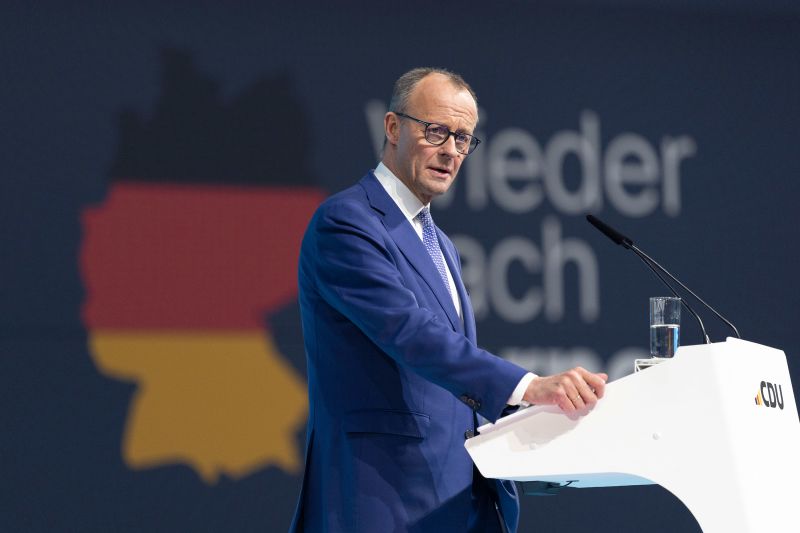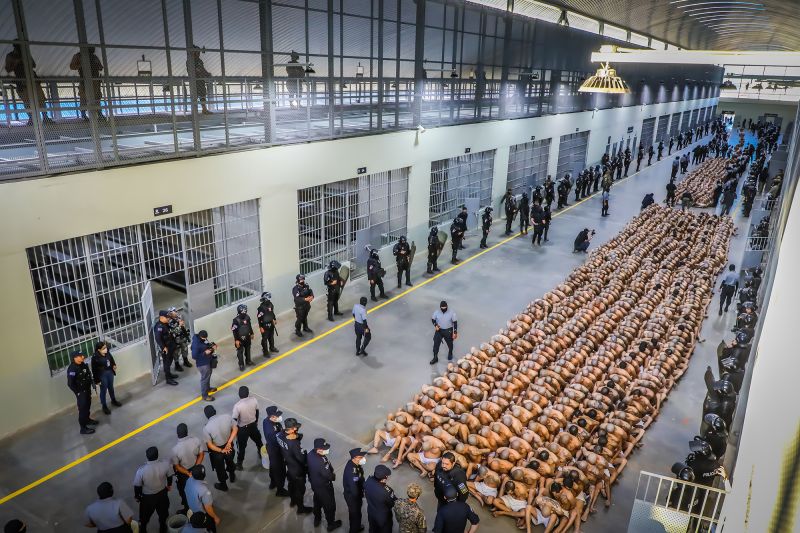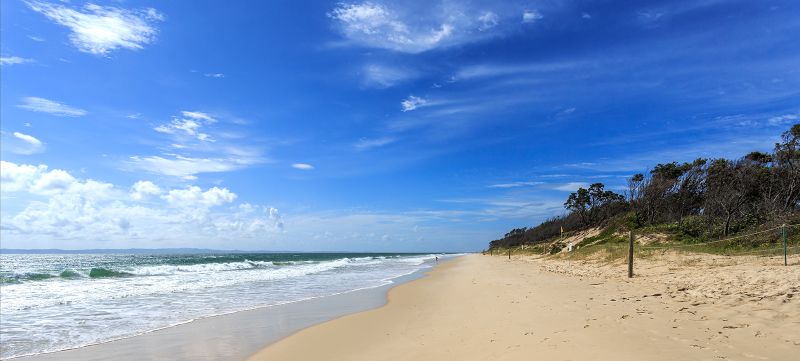Frontrunner for German Chancellor vows stricter immigration policies – but says he won’t work with the far-right

As Germany enters the final few weeks of its election campaign, the man poised to be the next chancellor has doubled down on tightening the country’s immigration policy — shifting the nation to the right.
Merz and the Union party, comprised of the CDU and their Bavarian sister party the CSU, lead the polls with 30% of the vote.
Last week, Merz, a former investment banker at BlackRock with a pilot’s license, also made migration the focus of his campaign. The German lawmaker brought forward two pieces of legislation severely curbing migration. While the non-binding bill passed by a small majority, the binding “Influx Limitation Act” failed. Ahead of that Friday vote Merz told fellow parliamentarians, “the door to hell, we can still close together”.
Notably, among those who voted against the bill, were members of Merz’s own party.
Germany has seen a spate of recent attacks perpetrated by migrants that has catapulted the issue to the center of the election campaign.
In January an attack in Aschaffenburg left two people dead, including a two-year old boy. The attacker was an Afghan migrant. Just before Christmas six people were killed in Magdeburg after a Saudi-origin migrant drove a car through a Christmas market.
Merz dismissed his party’s role in the bill’s failure. Instead, he looked to deflect the blame on to the ruling Social Democratic Party (SPD), headed by current chancellor Olaf Scholz.
But that does not tell the whole story of a tumultuous week for Merz.
There is an unwritten agreement between Germany’s largest parties that they would never seek the support of the far-right Alternative for Germany (AfD) to pass laws or legislation – it’s known as the firewall. Working with the far-right is a taboo in German politics.
Last week Merz made it clear that he did not mind if the AfD voted for his proposals on curbing migration. The far-right party voted on both pieces of legislation Merz proposed, helping push the non-binding bill over the line, a risky gambit that prompted hundreds of thousands of protesters onto the streets.
On the issue of Elon Musk, who has become a feature of this election cycle, Merz said “I don’t appreciate what he is doing, but he is doing something which he is free to do”. Musk has been controversially inserting himself into the German election campaign in favor of the AfD.
“European level” response to Trump
Taking note of US President Donald Trump’s economic measures against some of the US’s closest allies, Merz was clear that any tariffs placed on the European Union would be handled at “the European level”.
The United States is the European Union second largest trading partner, according to US trade data. On Sunday President Trump called the European Union an “atrocity” that would also be facing tariffs, saying the bloc was “taking advantage” of the United States.
On the issue of ending the war, something which President Trump vowed to do within 24 hours after he assumed office, Merz said it would be best to cooperate with the US.
He was eager however, to hear the plans from the horse’s mouth: “we do not yet know what they are really planning to do. I would like to see what they are planning to do”.
Crucially for Merz, he may not have to wait much longer.







